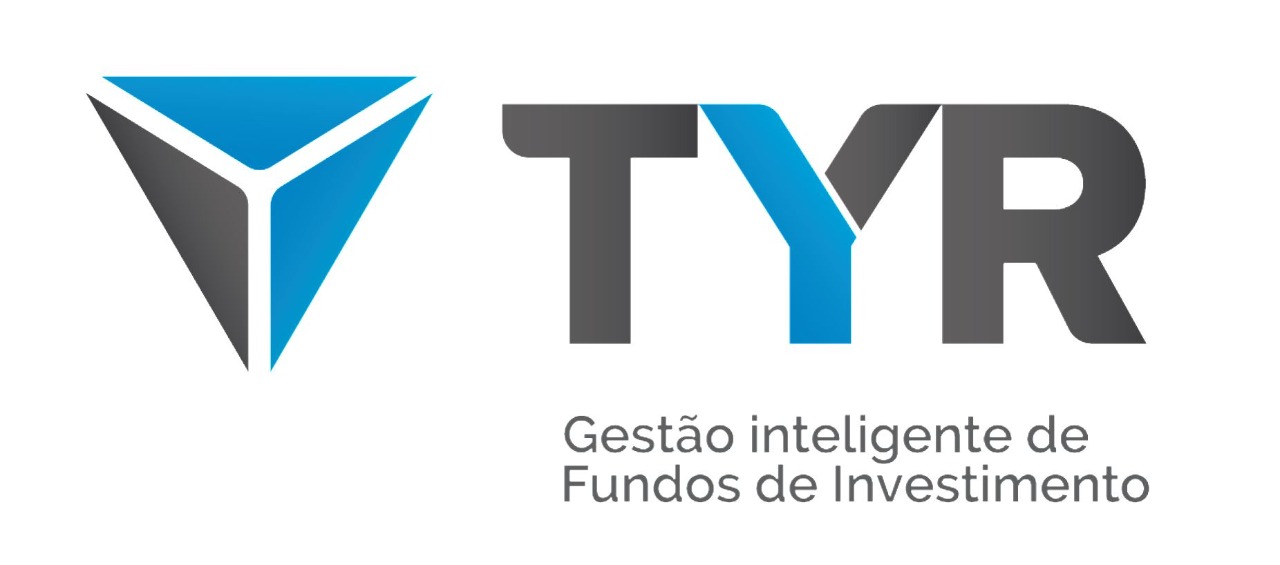

TYR Gestão

São Paulo, Brazil
January 2023
Investment advising
Service with Minor Environmental Footprint
Brazil
TYR Gestão de Recursos is a CVM-regulated fund manager that specializes in securitized fund vehicles, the FIDC, in Brazil. We have a team that focuses exclusively on private credit selection, policy development, investment structuring, portfolio monitoring, and process creation. Since 2008 our team has operated exclusively in the FIDC space, having approved & operated more than R$12 billion in SME credit operations and structured more than 50 investment funds. Our experience includes building and managing funds in single-payor structures, multi-seller/multi-payer funds, and non-standardized FIDCs (NP), employing both open and closed-ended vehicles. TYR has also structured two complete credit areas for independent third-party managers and has created all policy and operational manuals for a new FIDC-focused fund administrator. At TYR, we pride ourselves on our core values and credit-tailored operating procedures: 1. Active management 2. Strict credit policies 3. Operational excellence 4. Client loyalty 5. Employee satisfaction
Overall B Impact Score
Governance 13.1
Governance evaluates a company's overall mission, engagement around its social/environmental impact, ethics, and transparency. This section also evaluates the ability of a company to protect their mission and formally consider stakeholders in decision making through their corporate structure (e.g. benefit corporation) or corporate governing documents.
What is this? A company with an Impact Business Model is intentionally designed to create a specific positive outcome for one of its stakeholders - such as workers, community, environment, or customers.
Workers 35.5
Workers evaluates a company’s contributions to its employees’ financial security, health & safety, wellness, career development, and engagement & satisfaction. In addition, this section recognizes business models designed to benefit workers, such as companies that are at least 40% owned by non-executive employees and those that have workforce development programs to support individuals with barriers to employment.
Community 30.6
Community evaluates a company’s engagement with and impact on the communities in which it operates, hires from, and sources from. Topics include diversity, equity & inclusion, economic impact, civic engagement, charitable giving, and supply chain management. In addition, this section recognizes business models that are designed to address specific community-oriented problems, such as poverty alleviation through fair trade sourcing or distribution via microenterprises, producer cooperative models, locally focused economic development, and formal charitable giving commitments.
Environment 3.5
Environment evaluates a company’s overall environmental management practices as well as its impact on the air, climate, water, land, and biodiversity. This includes the direct impact of a company’s operations and, when applicable its supply chain and distribution channels. This section also recognizes companies with environmentally innovative production processes and those that sell products or services that have a positive environmental impact. Some examples might include products and services that create renewable energy, reduce consumption or waste, conserve land or wildlife, provide less toxic alternatives to the market, or educate people about environmental problems.
Customers 2.4
Customers evaluates a company’s stewardship of its customers through the quality of its products and services, ethical marketing, data privacy and security, and feedback channels. In addition, this section recognizes products or services that are designed to address a particular social problem for or through its customers, such as health or educational products, arts & media products, serving underserved customers/clients, and services that improve the social impact of other businesses or organizations.